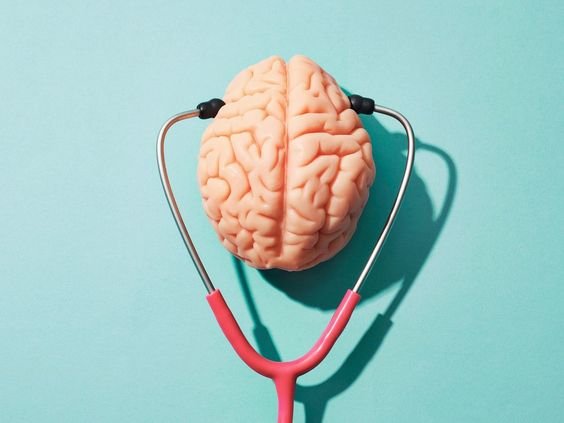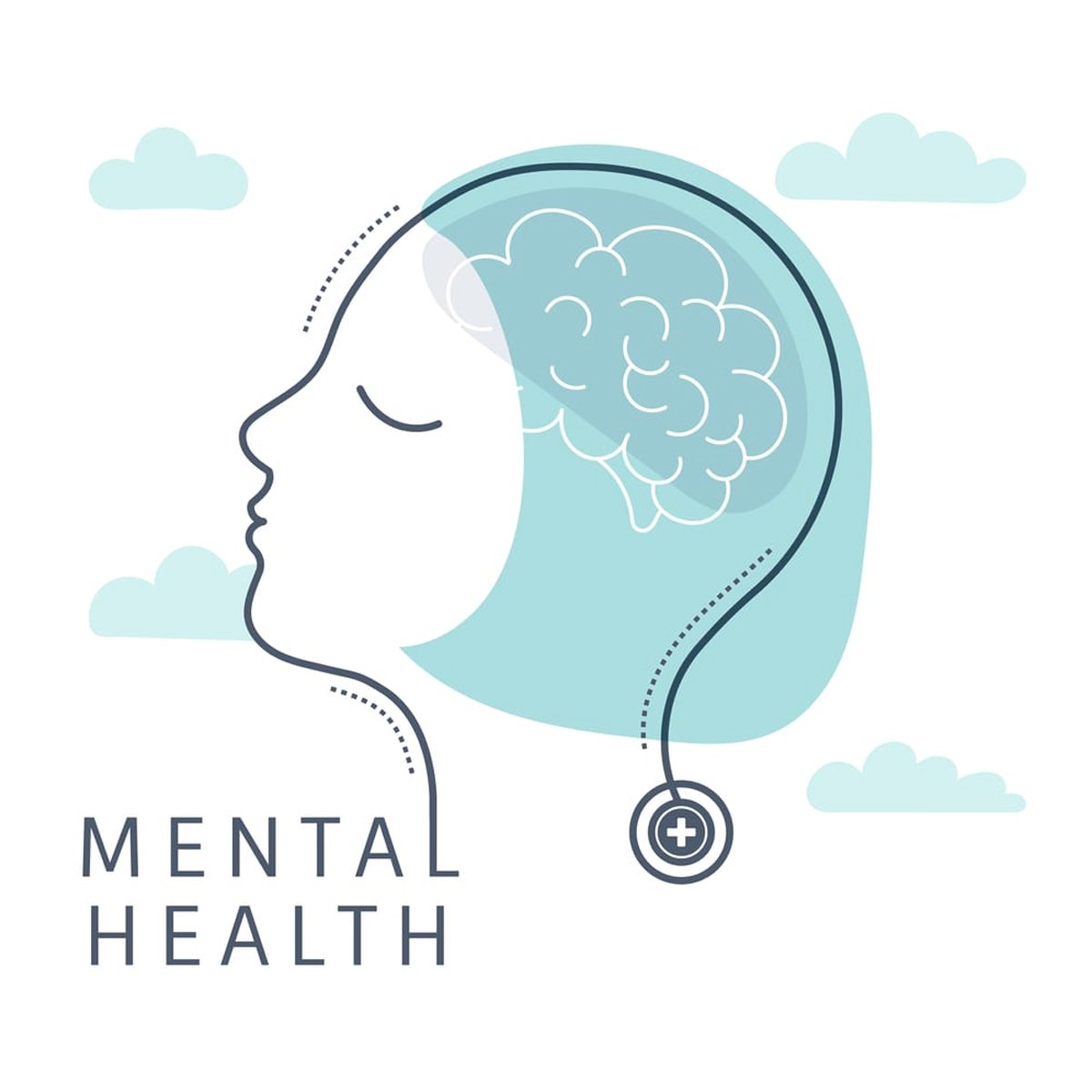Mental Health: Complete Guide
Mental health significantly affects our emotions, thoughts, and interactions, playing a vital role in how we handle stress and make decisions. Acknowledging its importance is crucial for a balanced life and affects not just individuals but communities at large. However, stigma often hinders people from seeking necessary help.
Common Mental Health Conditions Mental health conditions like anxiety, depression, bipolar disorder, and schizophrenia are widespread, impacting daily life and societal well-being. Early recognition and intervention of symptoms such as excessive worry, persistent sadness, mood swings, and hallucinations are key to timely support.
Promoting Mental Health In today’s fast-paced world, the importance of mental health parallels physical health. Creating supportive environments and reducing stigma through awareness campaigns are essential. Activities like exercise, meditation, and spending time outdoors help manage stress and are crucial despite societal pressures.
Seeking Mental Health Care and Treatment Accessing care can be challenging due to financial constraints and limited services. Understanding the roles of mental health professionals and exploring treatment options are crucial for effective support. Personalized treatment plans with professionals help cater to individual needs.
Mental Health Support Resources The digital era offers accessible mental health resources, such as online platforms providing information, self-help tools, and counseling. Helplines and community support groups enhance the support network, offering personal interactions and understanding.
Taking Action for Mental Health Combating the stigma associated with mental health requires promoting awareness and supporting accessible services. Education and open conversations about mental health help treat it with the same urgency as physical health.
FAQ
What is mental health?
- Mental health involves our emotional, psychological, and social well-being, influencing thoughts, feelings, and behaviors.
What do I do if the support doesn’t help?
- Consider other options like a second opinion or different mental health professionals.
Can you prevent mental health problems?
- Reducing risk involves managing stress, maintaining relationships, and staying physically active.
Are there cures for mental health problems?
- Some conditions can be cured, while others require ongoing management with therapy, medication, or lifestyle changes.
What causes mental health problems?
Causes include genetics, life experiences, and environmental factors.
What do I do if I’m worried about my mental health?
- Acknowledge your feelings and seek help from professionals or trusted individuals.
How do I know if I’m unwell?
- Look for persistent changes in mood, behavior, or thoughts that negatively impact daily life.
This comprehensive approach to understanding and supporting mental health ensures that care and information are accessible, promoting a healthier, more inclusive society.




